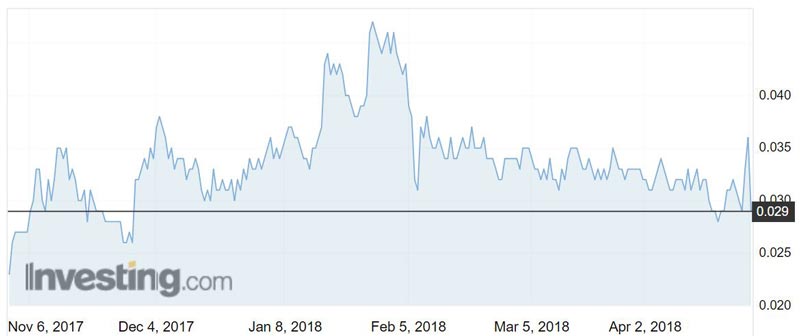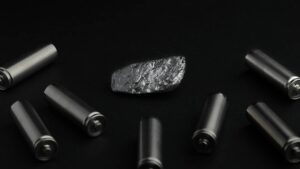Graphite play Renascor drops 19pc after announcing $6.5m capital raising

Zara Phillips falls at the 2008 Burghley Horse Trials in the UK. Pic: Getty
Explorer Renascor Resources dropped 19 per cent today after announcing it had raised $6.5 million to fund the next stages of its graphite project in South Australia.
Renascor (ASX:RNU) sold the new shares to professional investors at 2.7c — a 25 per cent discount on yesterday’s close of 3.6c.
Existing shareholders promptly exited — selling the shares down to 2.9c by 12pm AEST Tuesday. They were back at 3c by 1pm AEST.
Renascor, capped at about $24 million, said it would offer existing shareholders new shares at the same 2.7c issue price as the placement to raise an extra $2 million.
Besides funding the development of the Siviour graphite project in South Australia’s Eyre Peninsula, the cash would also allow Renascor to drill test its Shorts Dam cobalt prospect, and advance other priority cobalt targets within its Olary project in South Australia.
“On completion of the placement, and assuming a fully subscribed share purchase plan, we expect to have approximately $10 million in cash reserves, which will ensure we can continue to advance Siviour at a rapid pace, and also provide scope to explore our highly prospective cobalt portfolio,” managing director David Christensen said.

Renascor had around $1.7 million worth of cash in the bank at the end of the March quarter and estimated a cash burn of $1.9 million for the current quarter.
The company believes Siviour is one of the world’s biggest reported graphite deposits with a mineral resource of some 80.6 million tonnes at 7.9 per cent total graphitic content for 6.4 million tonnes of contained graphite.
- Bookmark this link for small cap breaking news
- Discuss small cap news in our Facebook group
- Follow us on Facebook or Twitter
- Subscribe to our daily newsletter
Renascor has previously proven that it can produce high-quality spherical graphite from its Siviour project.
Graphite flakes are rated by size as small, medium, large or jumbo. Bigger flakes tend to be higher in purity and attract higher prices. Battery grade is the most expensive at 99.9 per cent purity.
Graphite is much sought-after because it is a key element in lithium-ion batteries.
Renascor is aiming to begin production by 2020.
UNLOCK INSIGHTS
Discover the untold stories of emerging ASX stocks.
Daily news and expert analysis, it's free to subscribe.
By proceeding, you confirm you understand that we handle personal information in accordance with our Privacy Policy.








